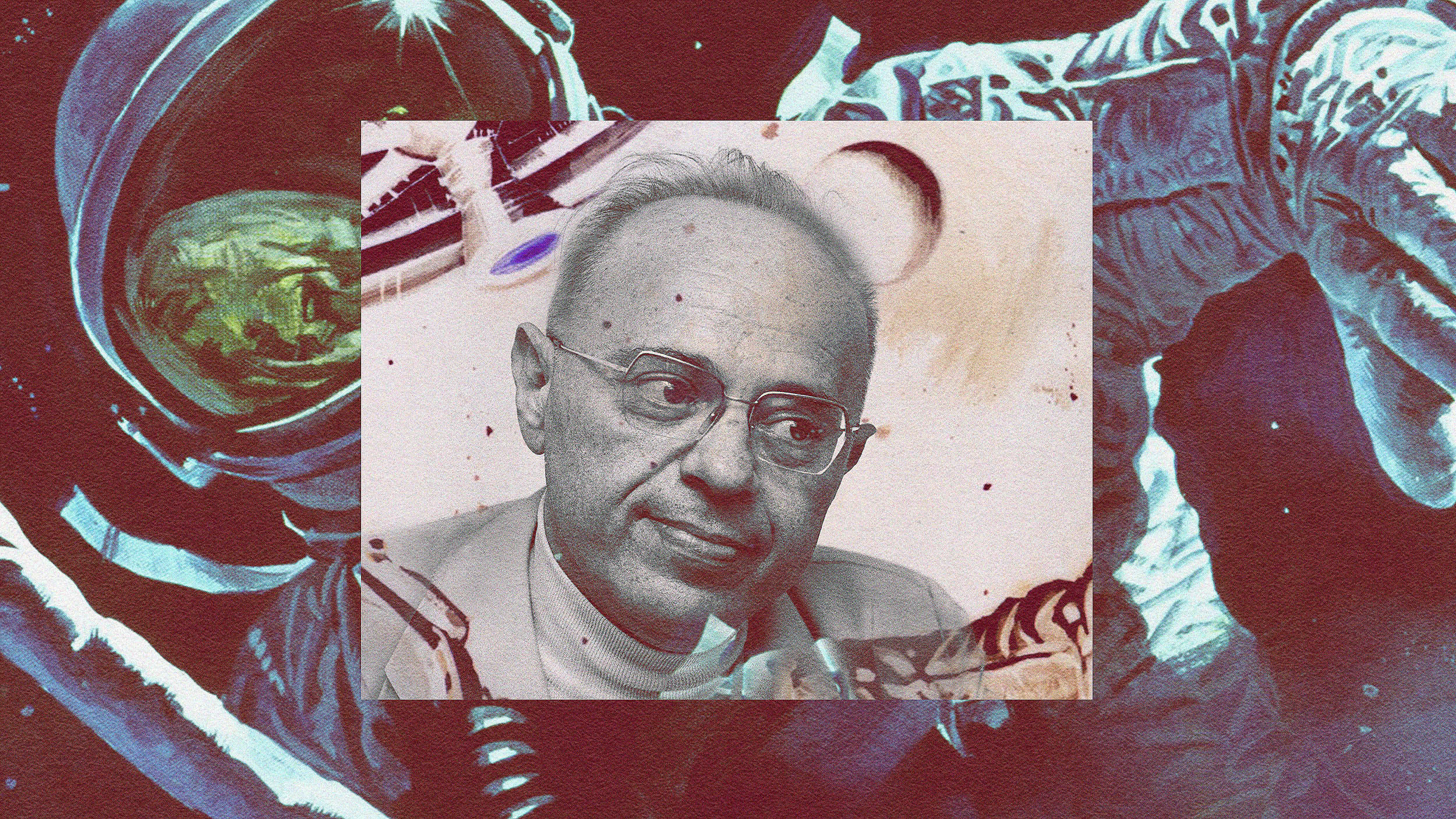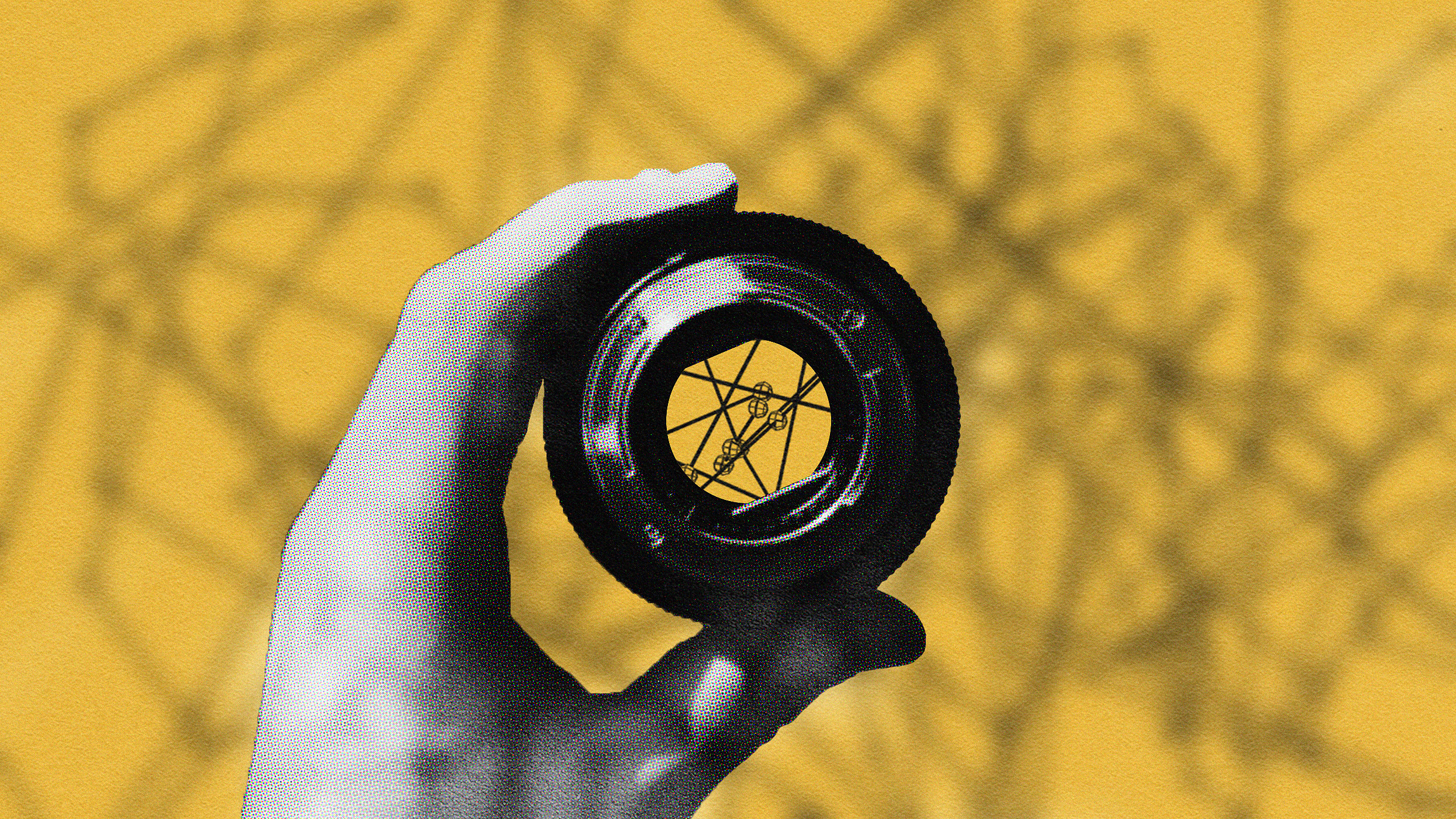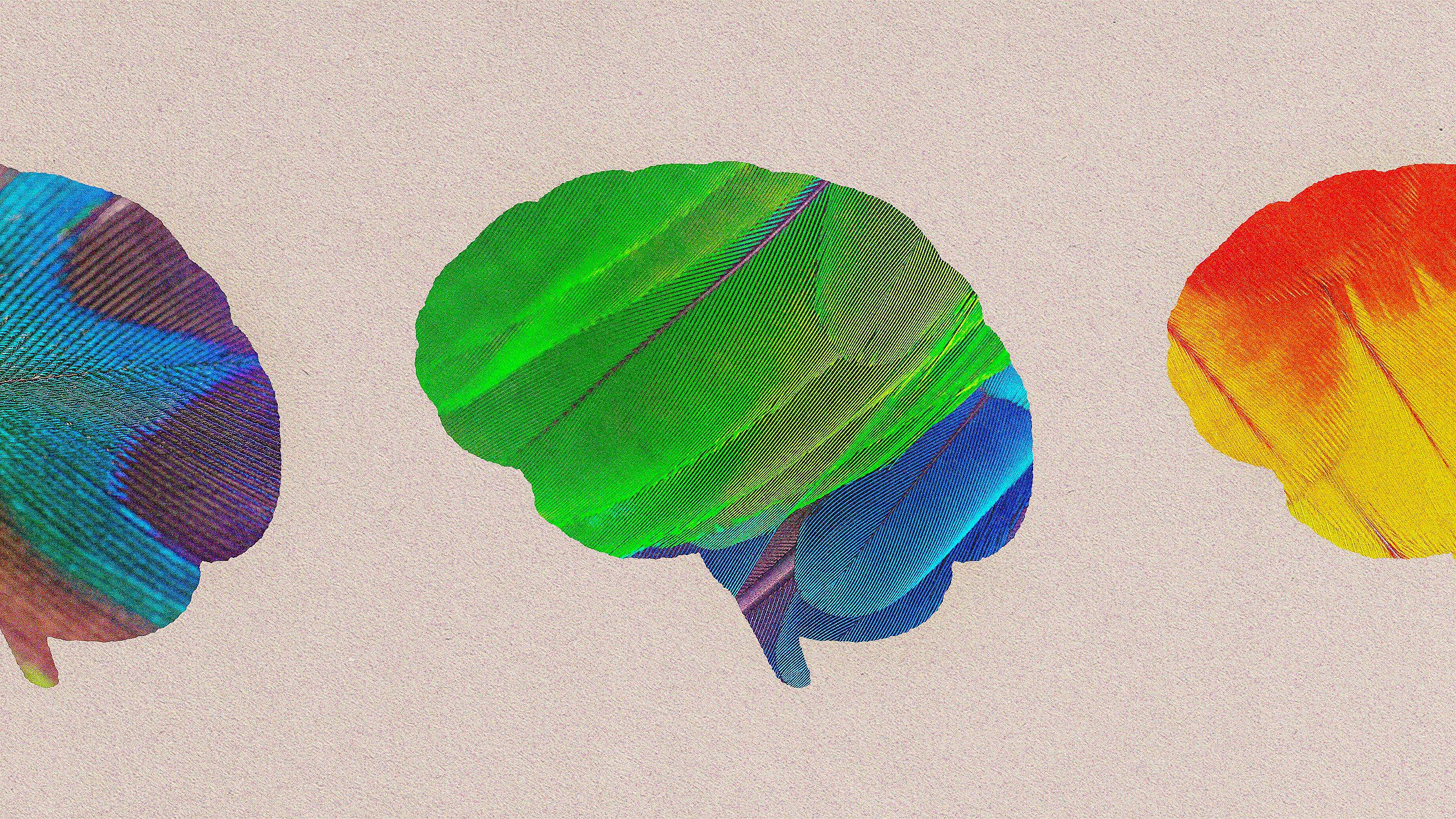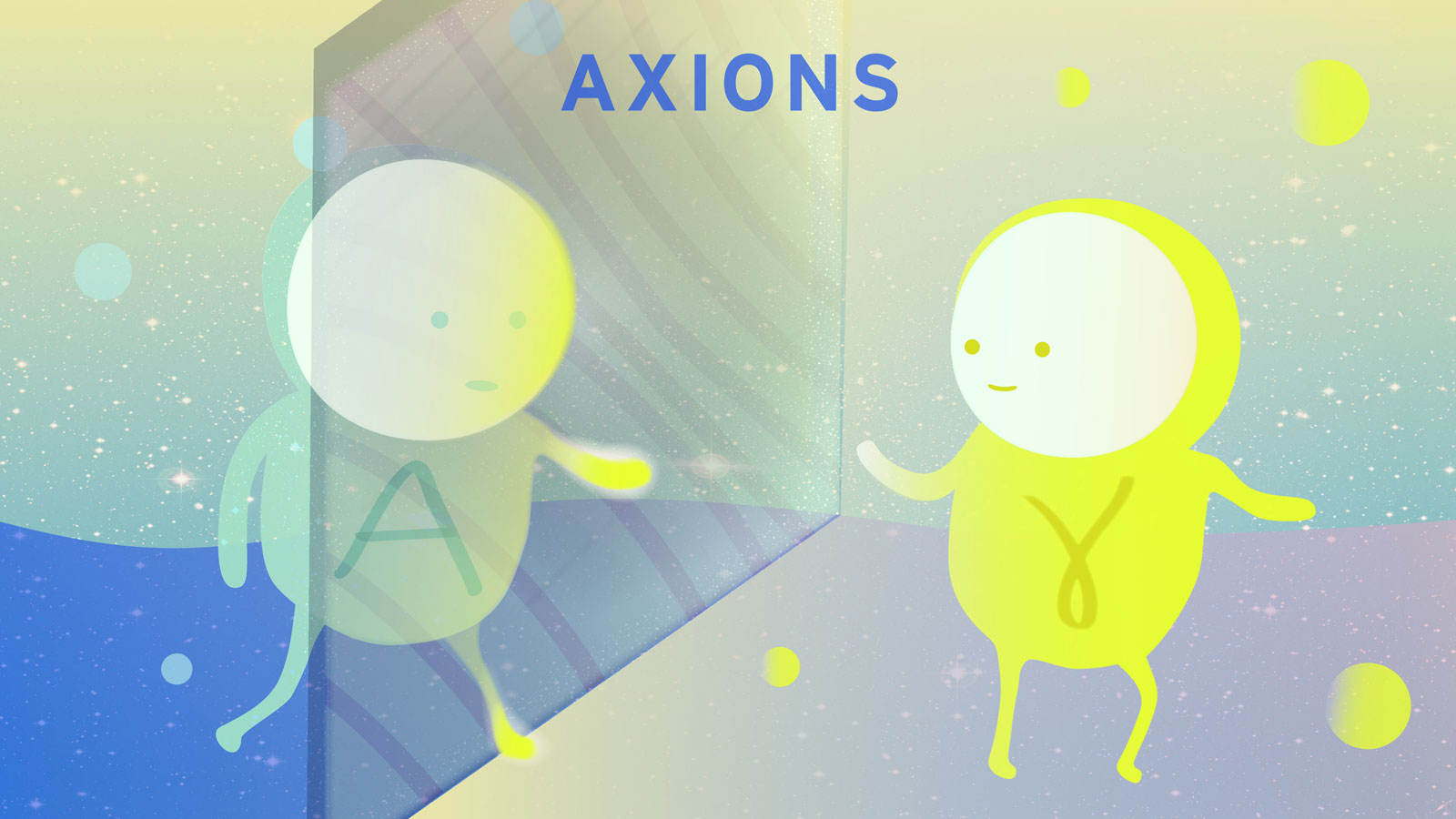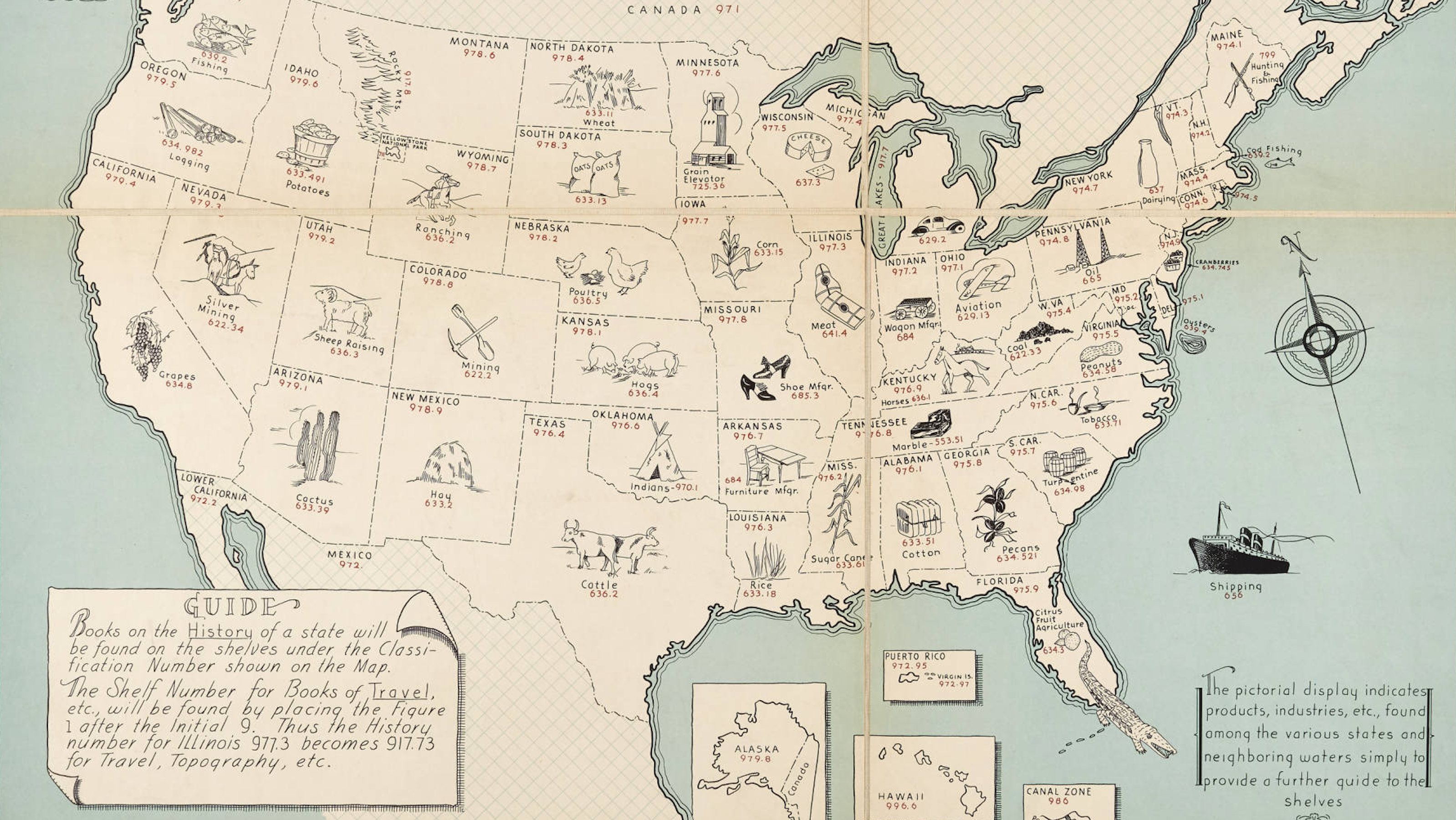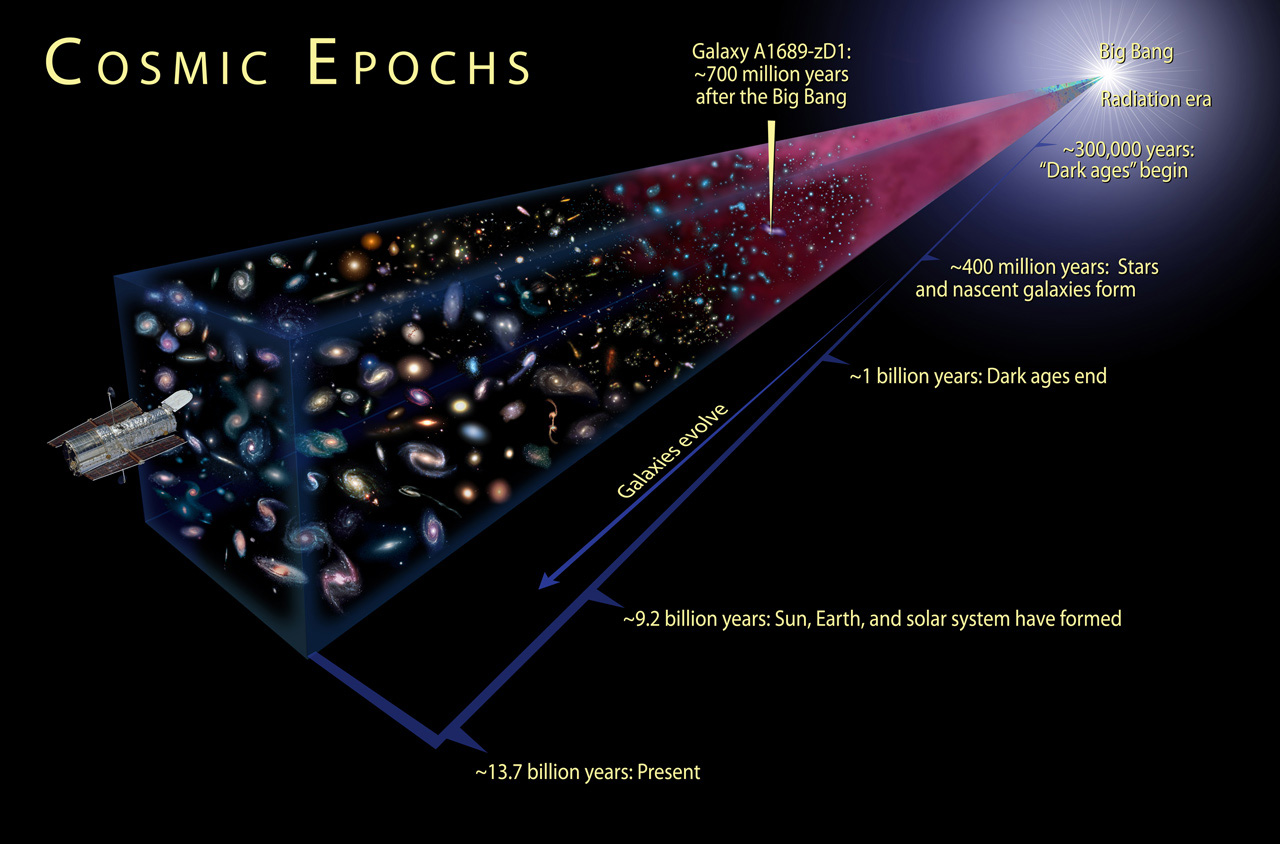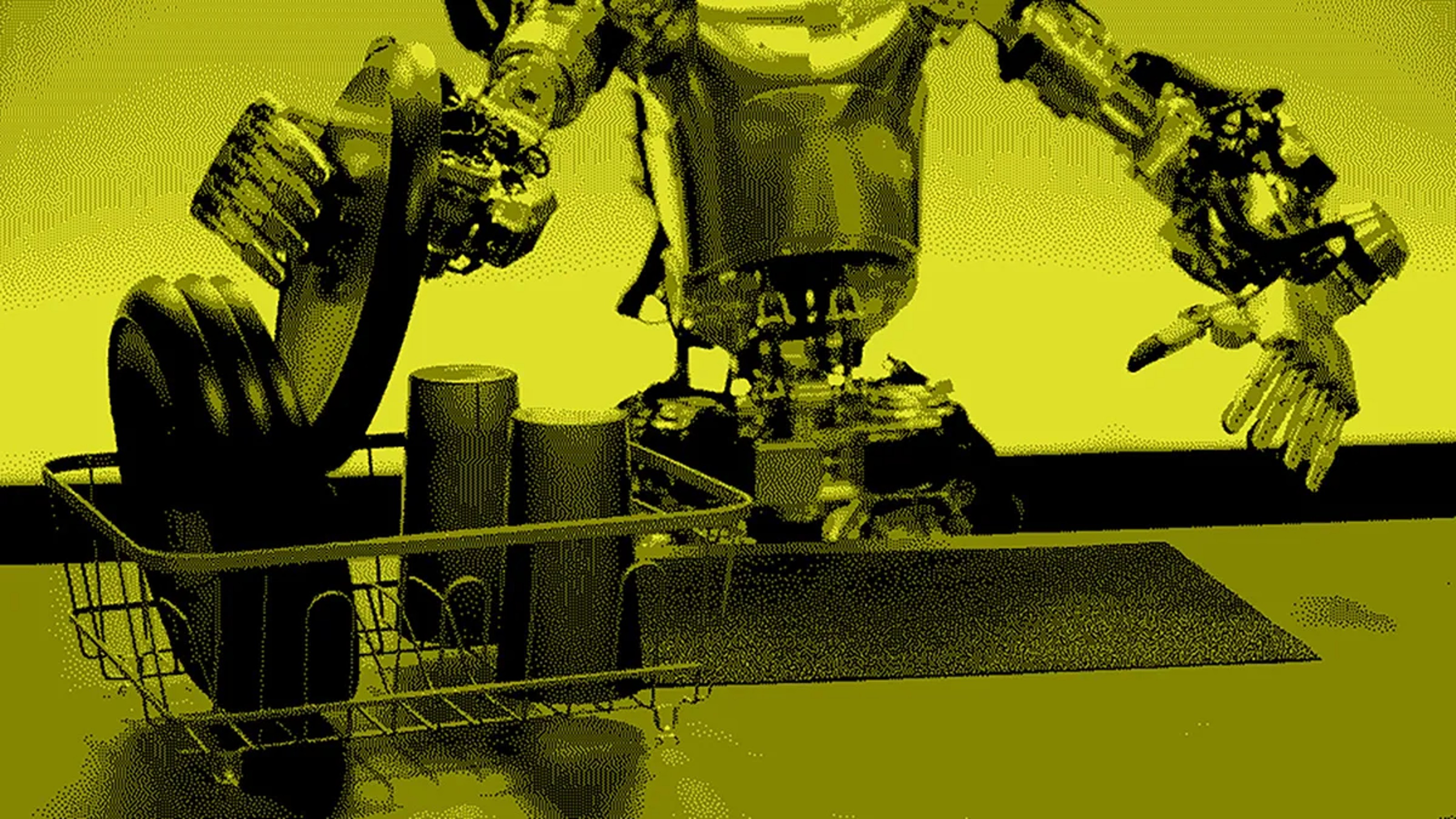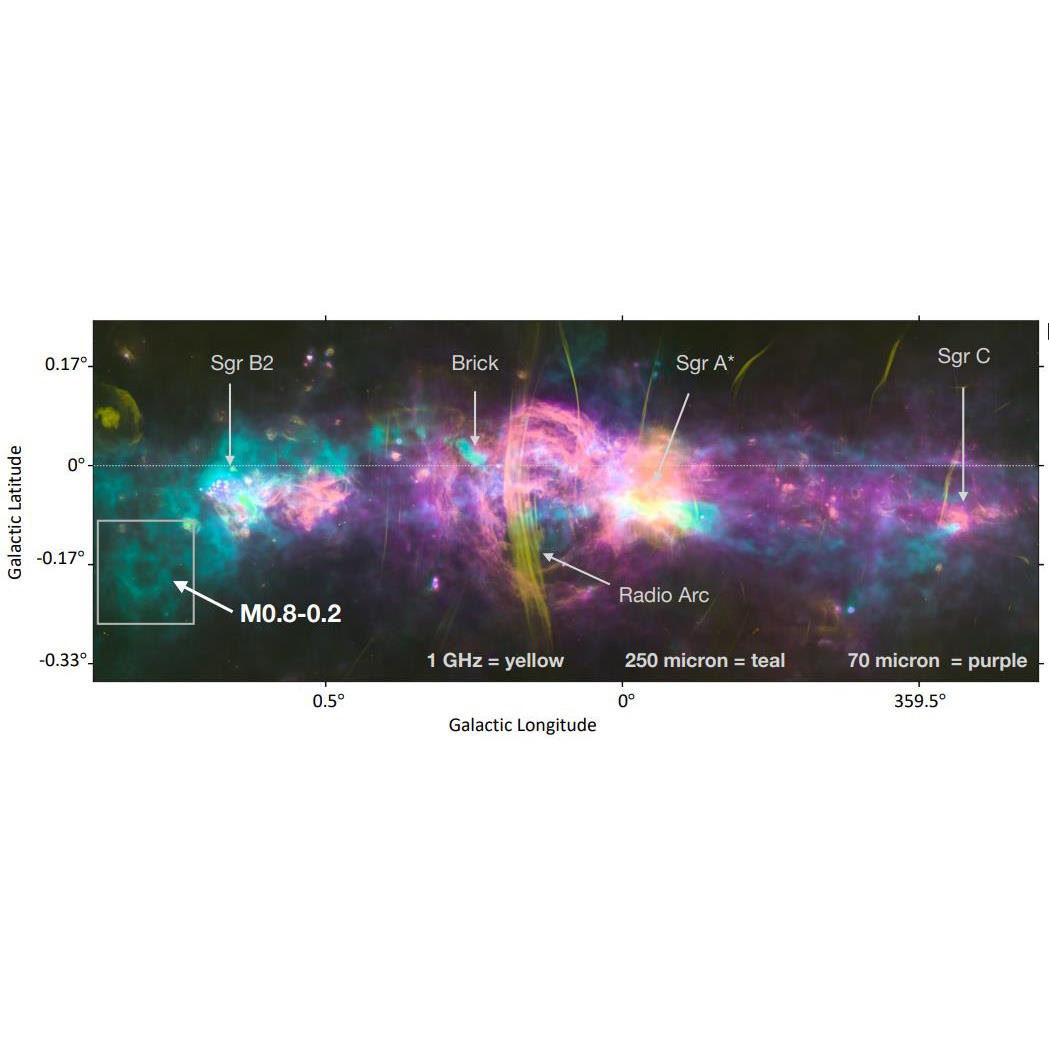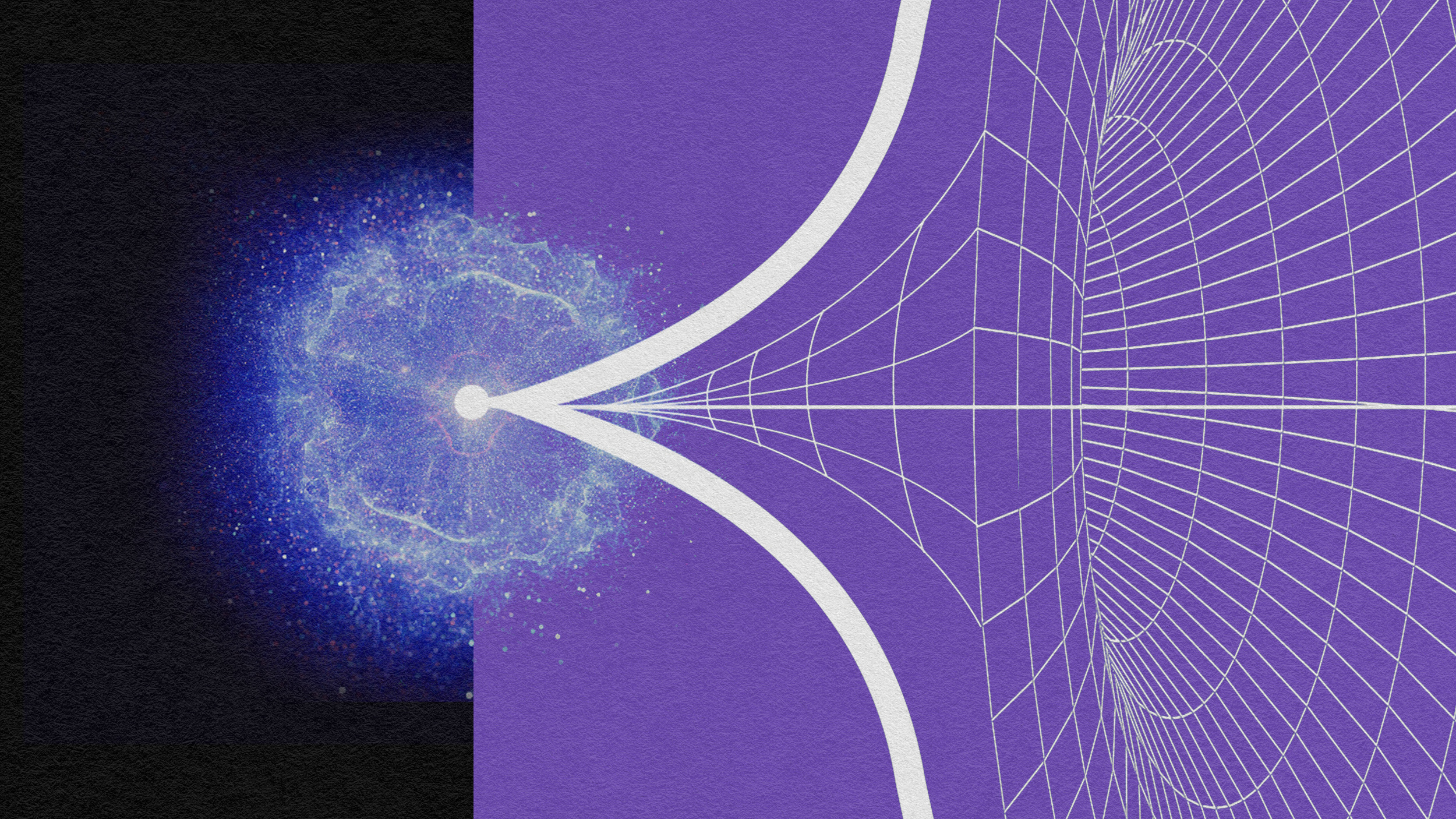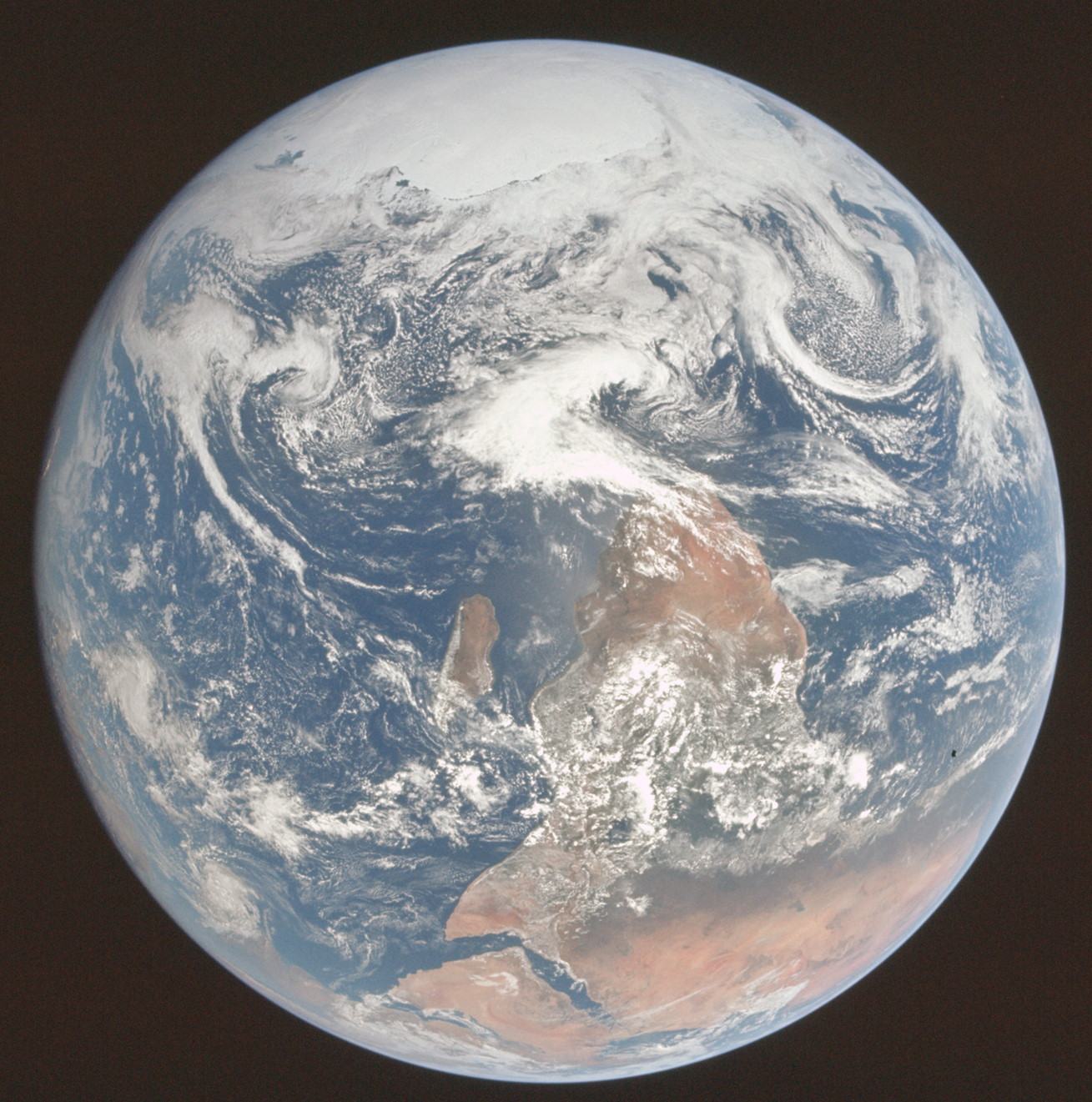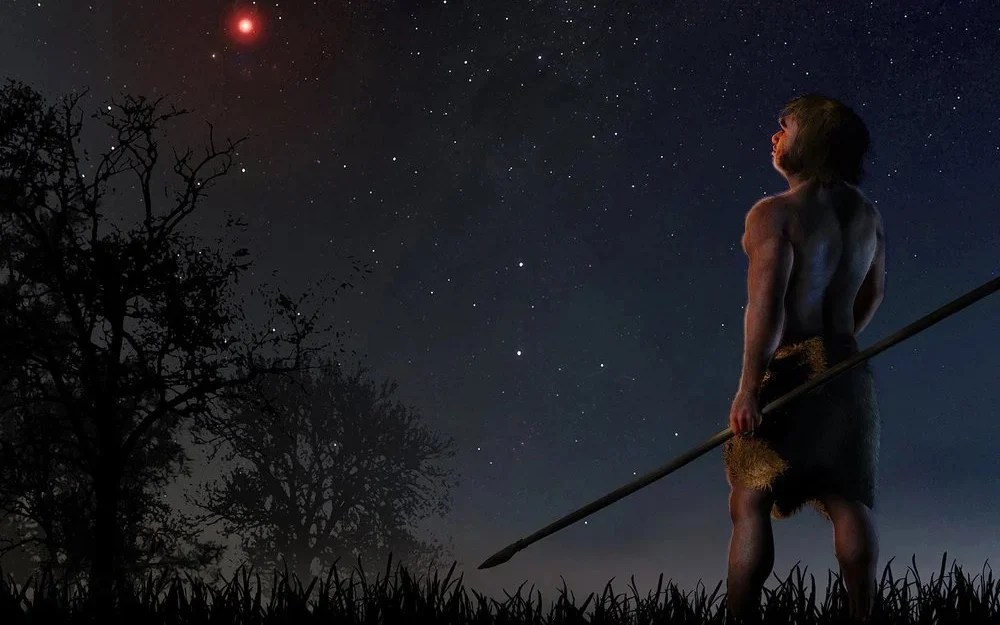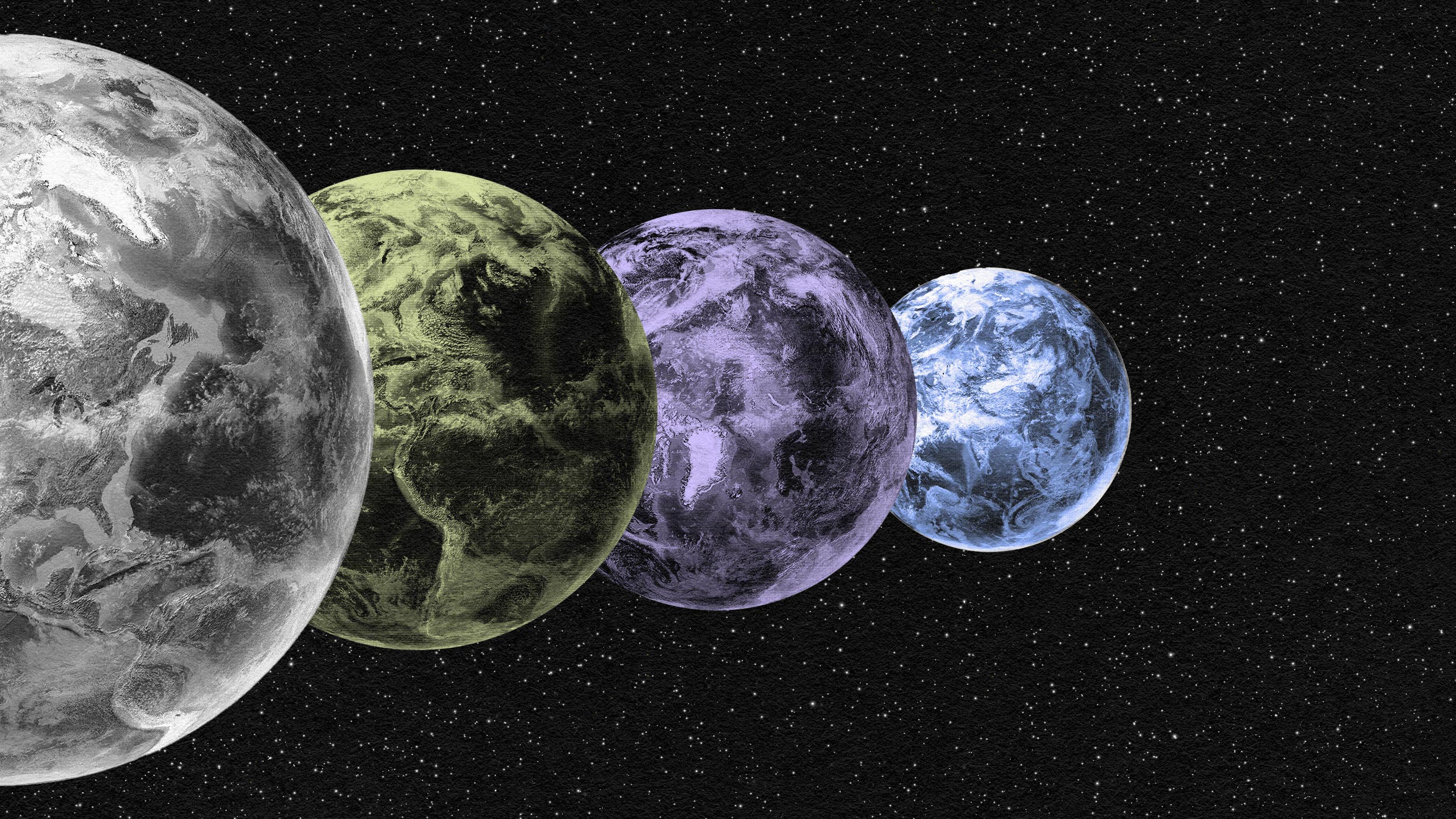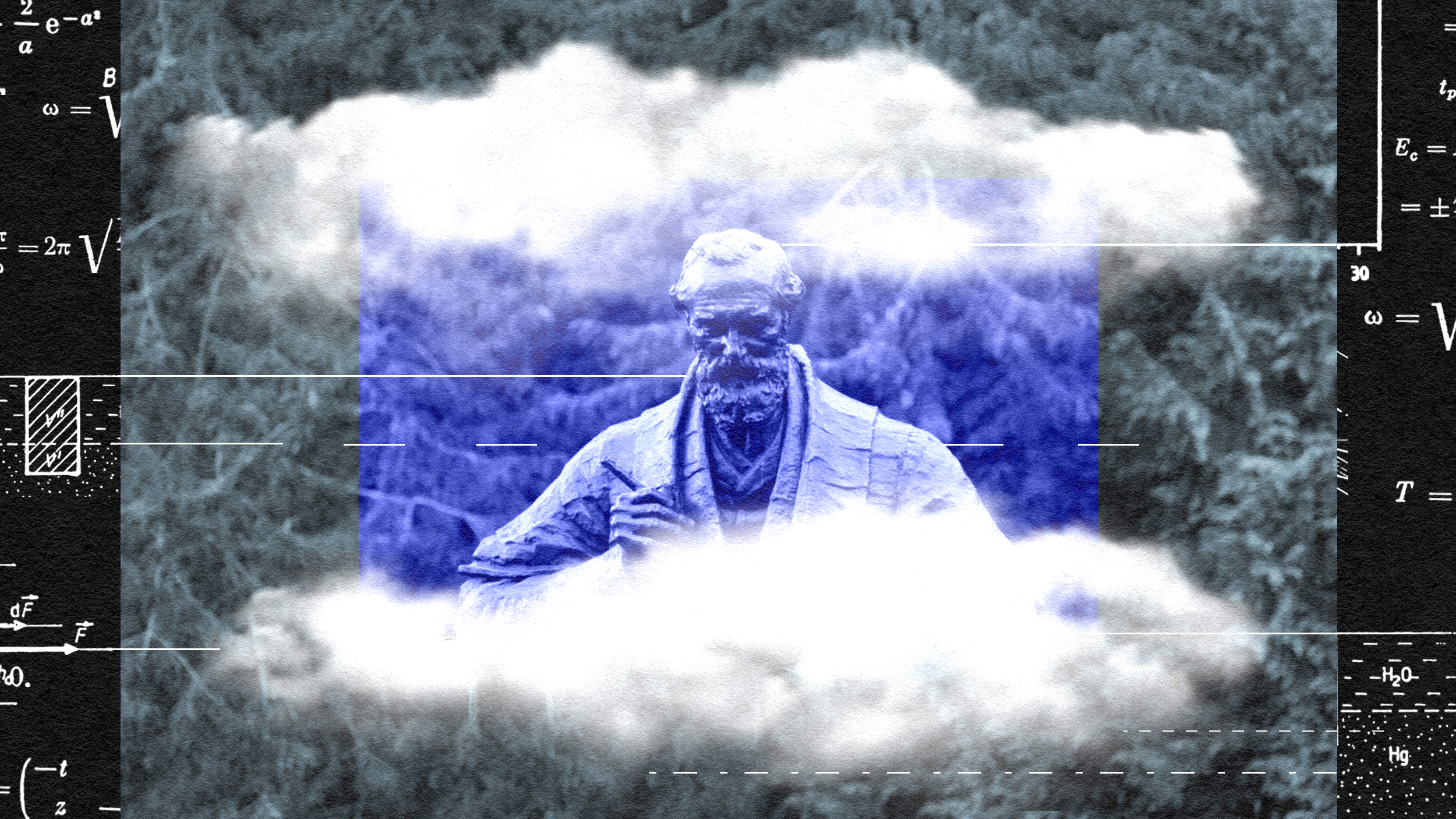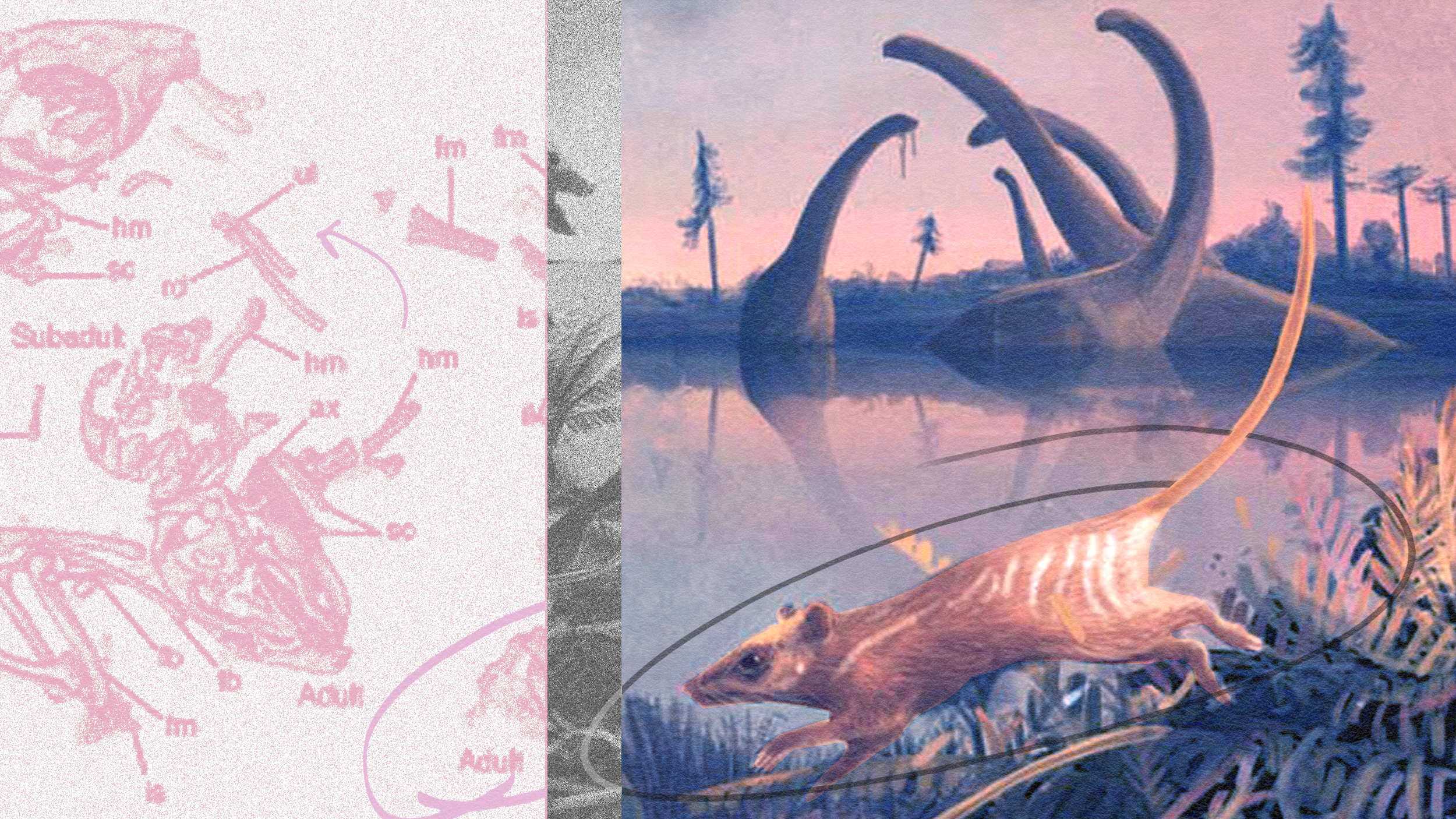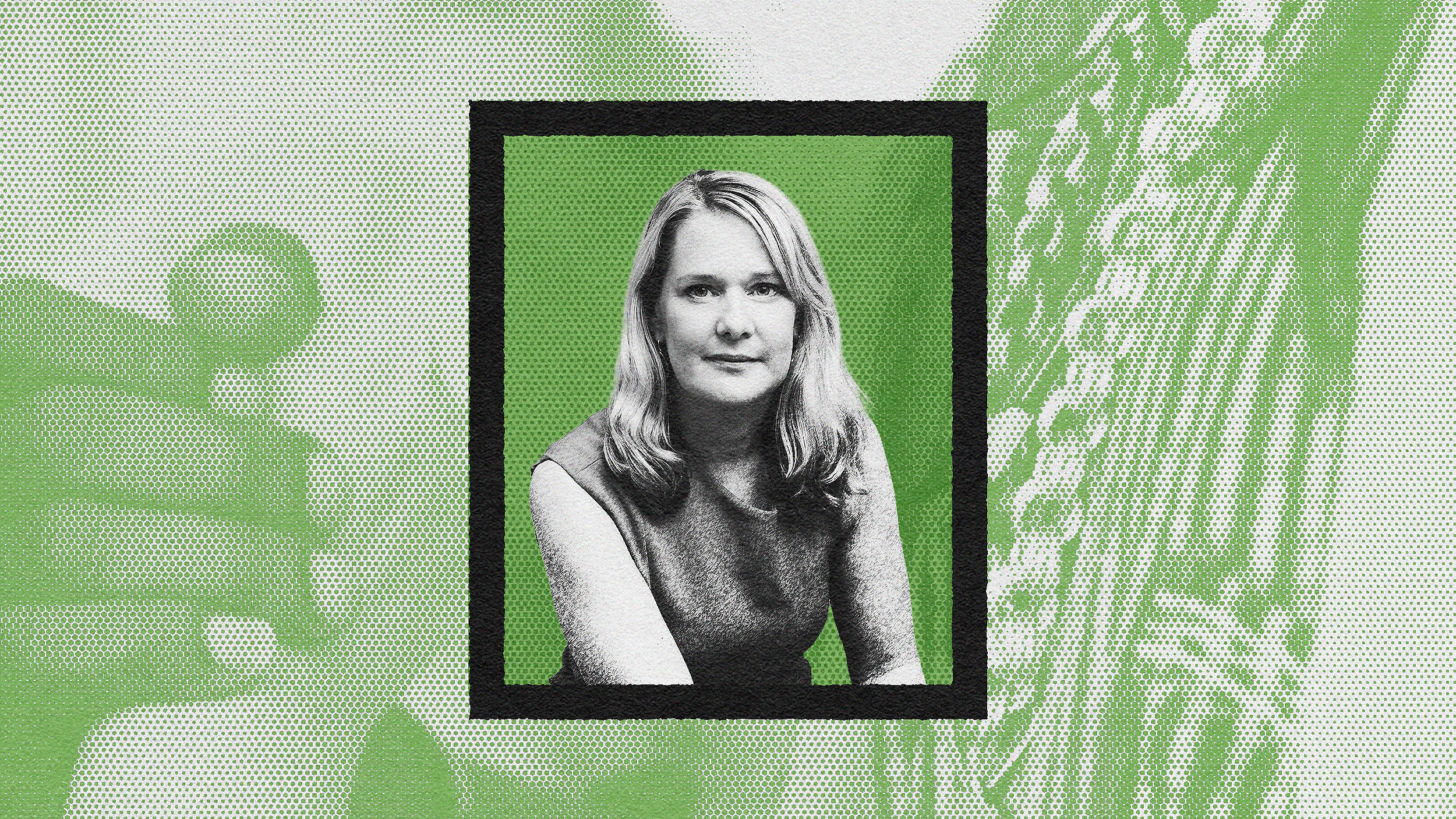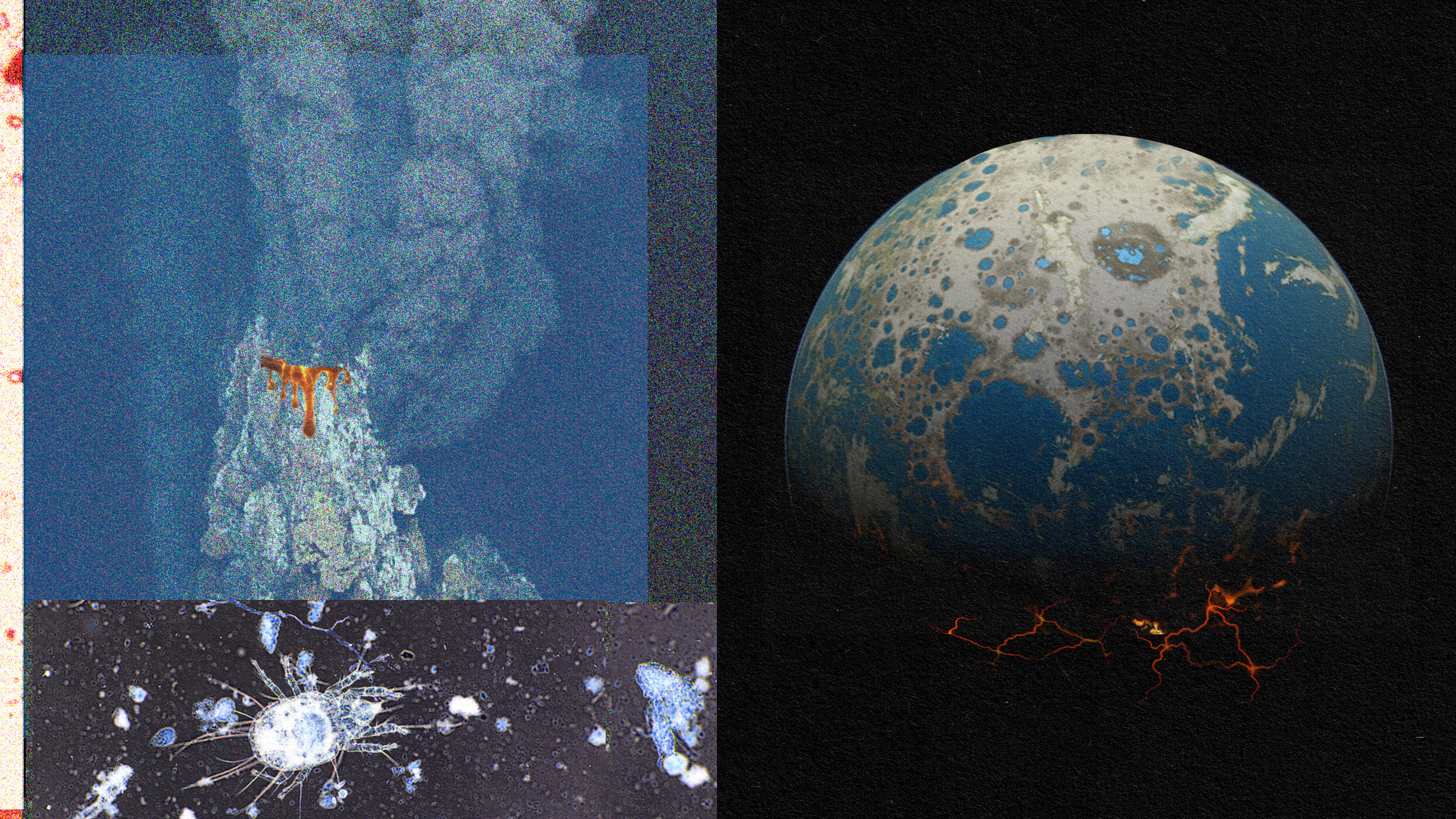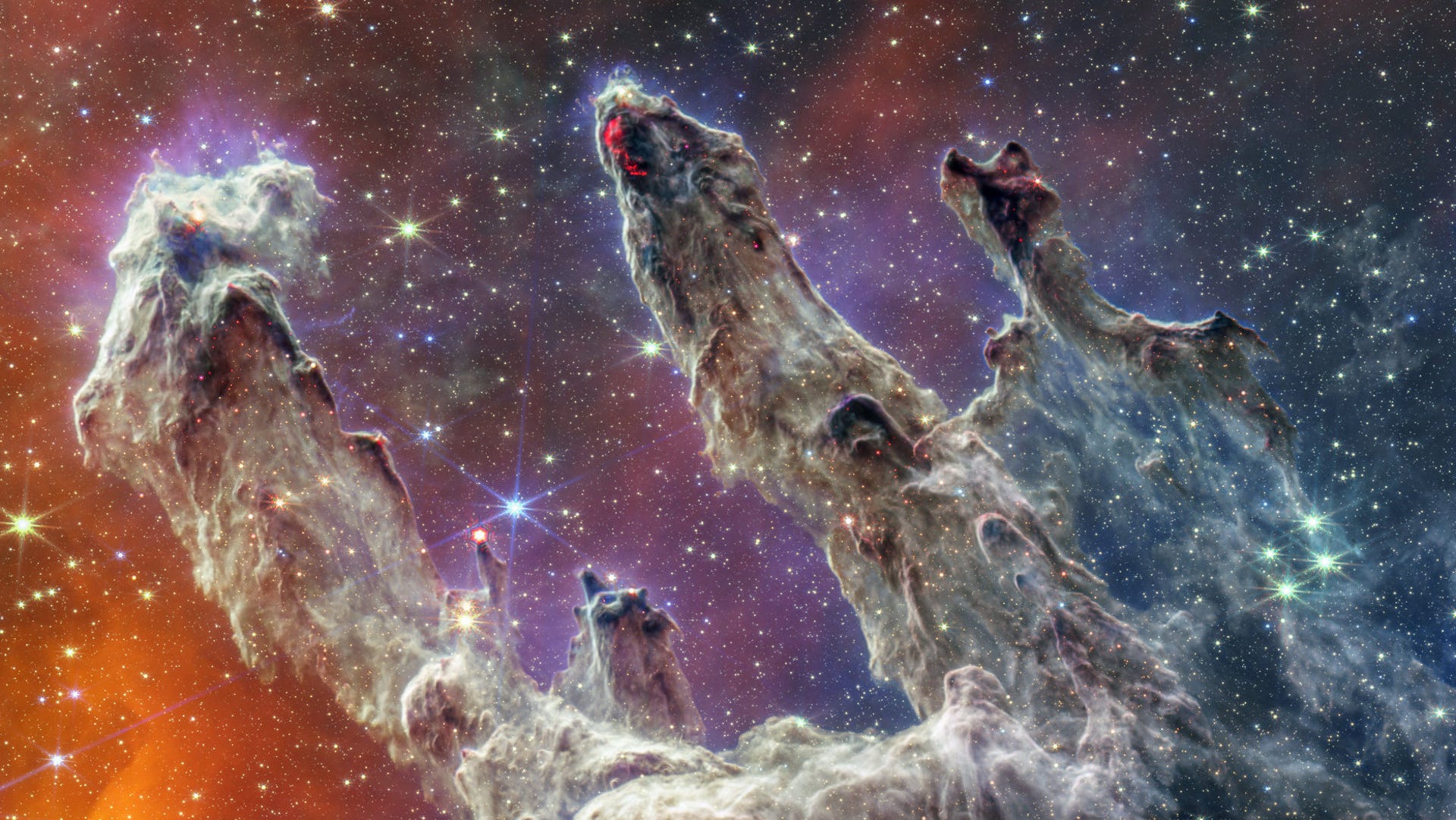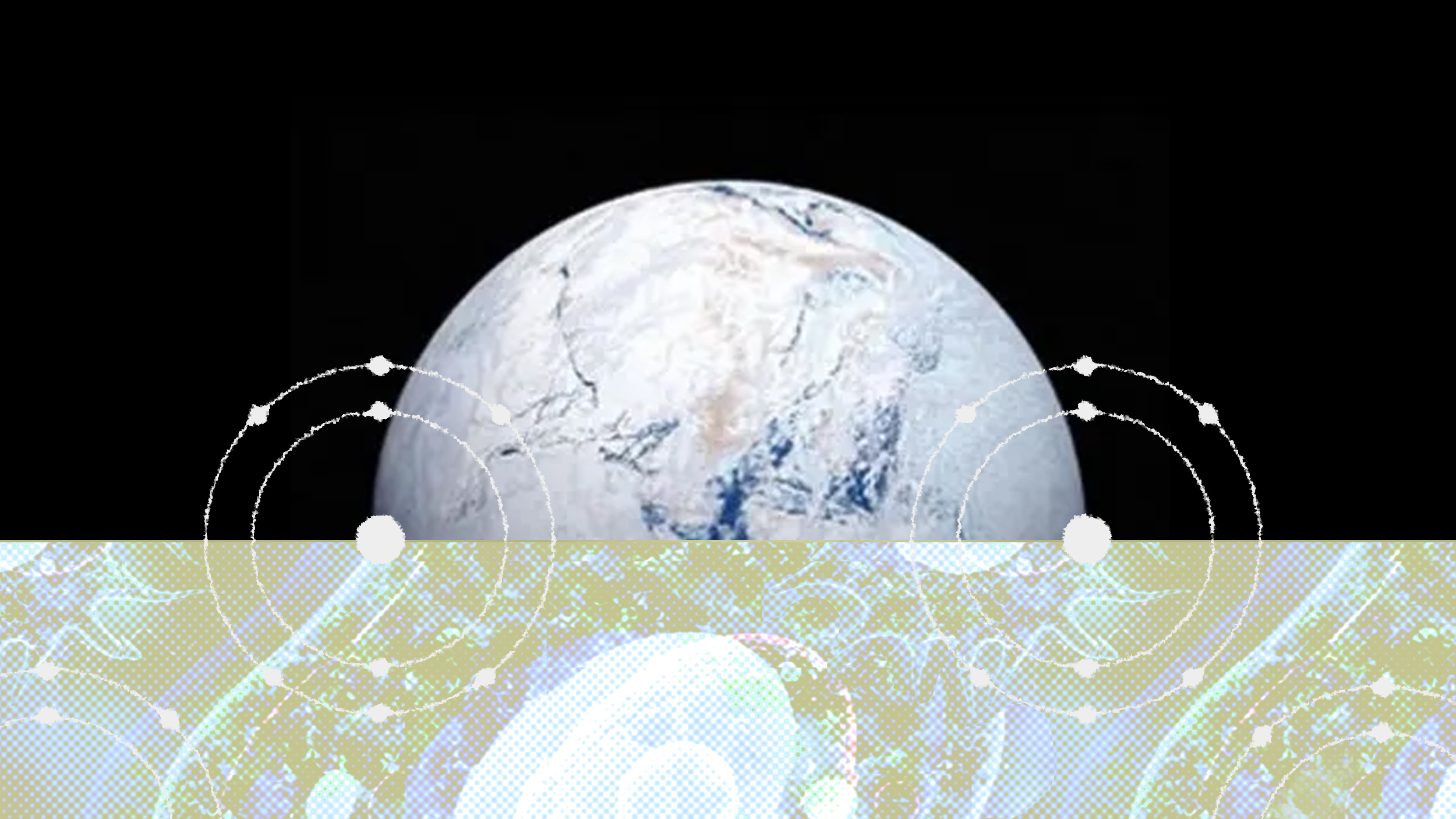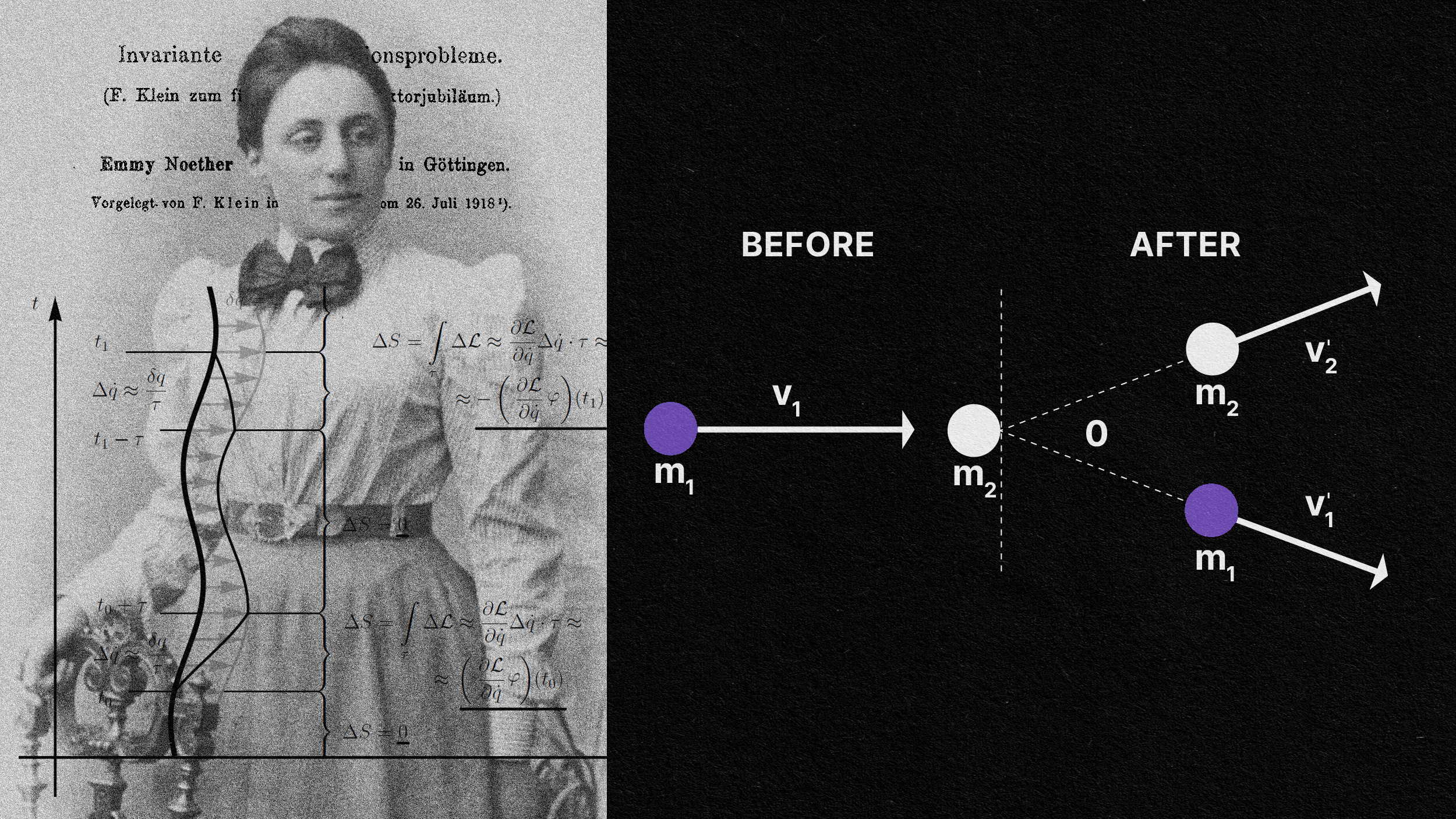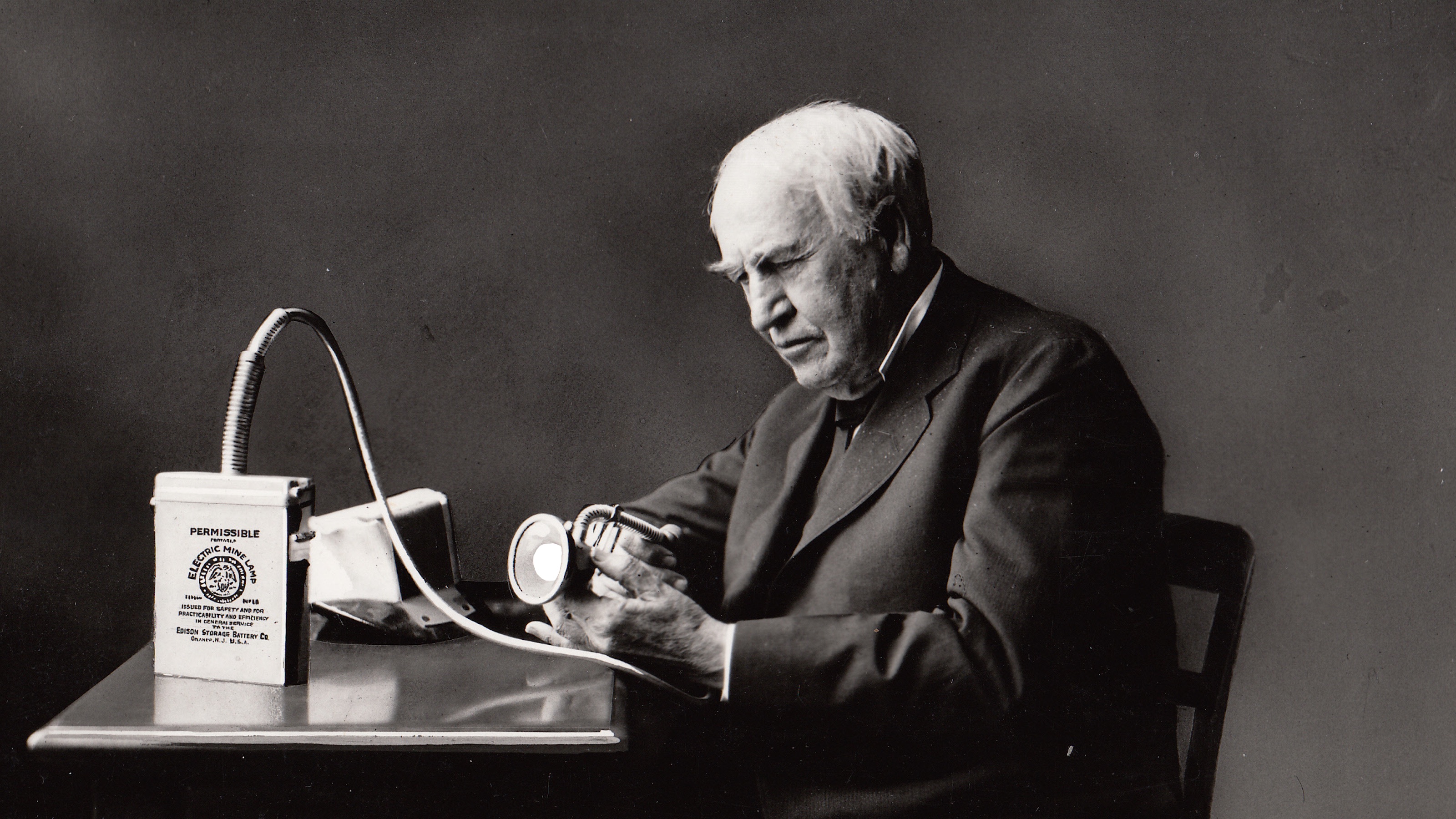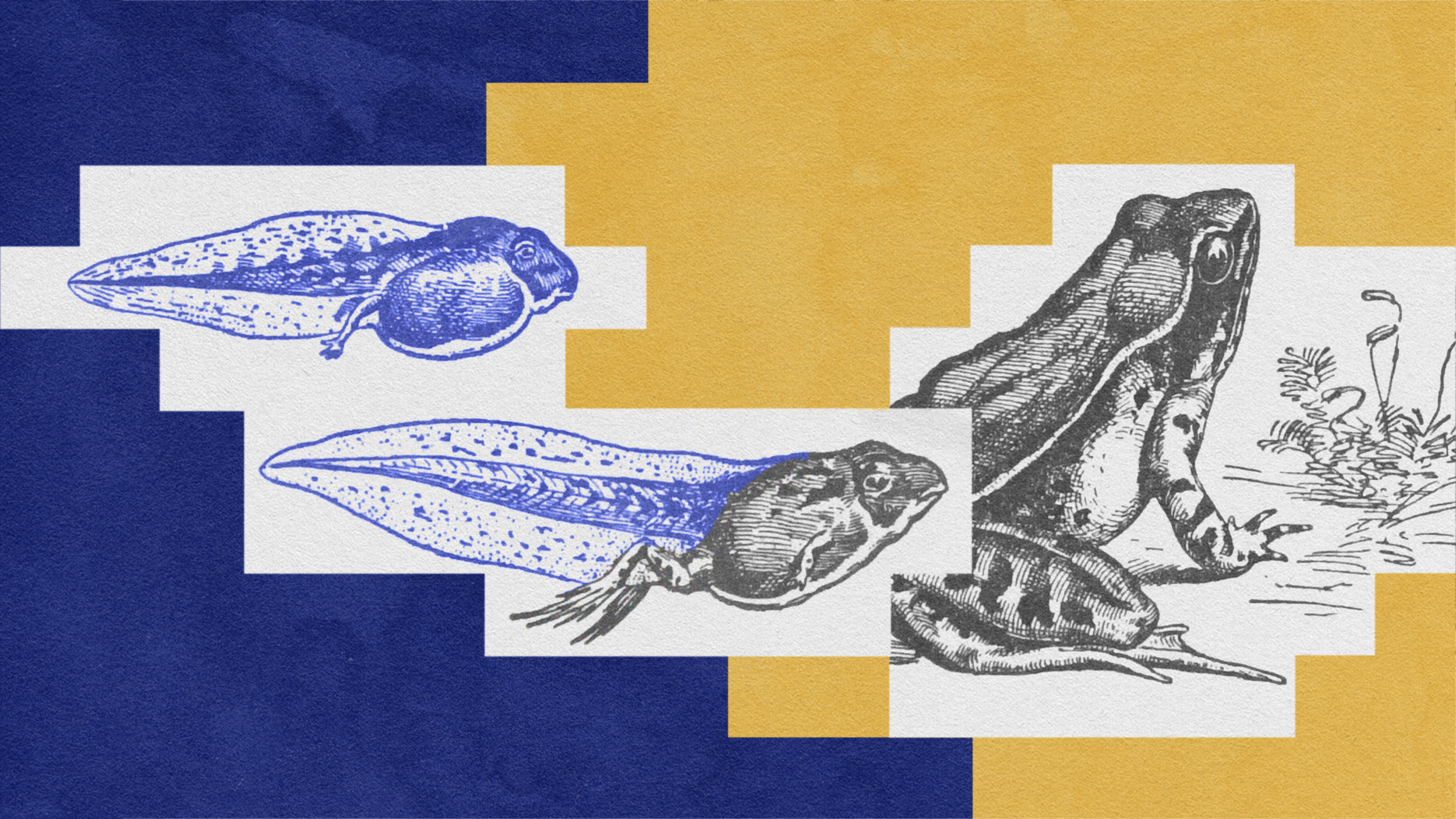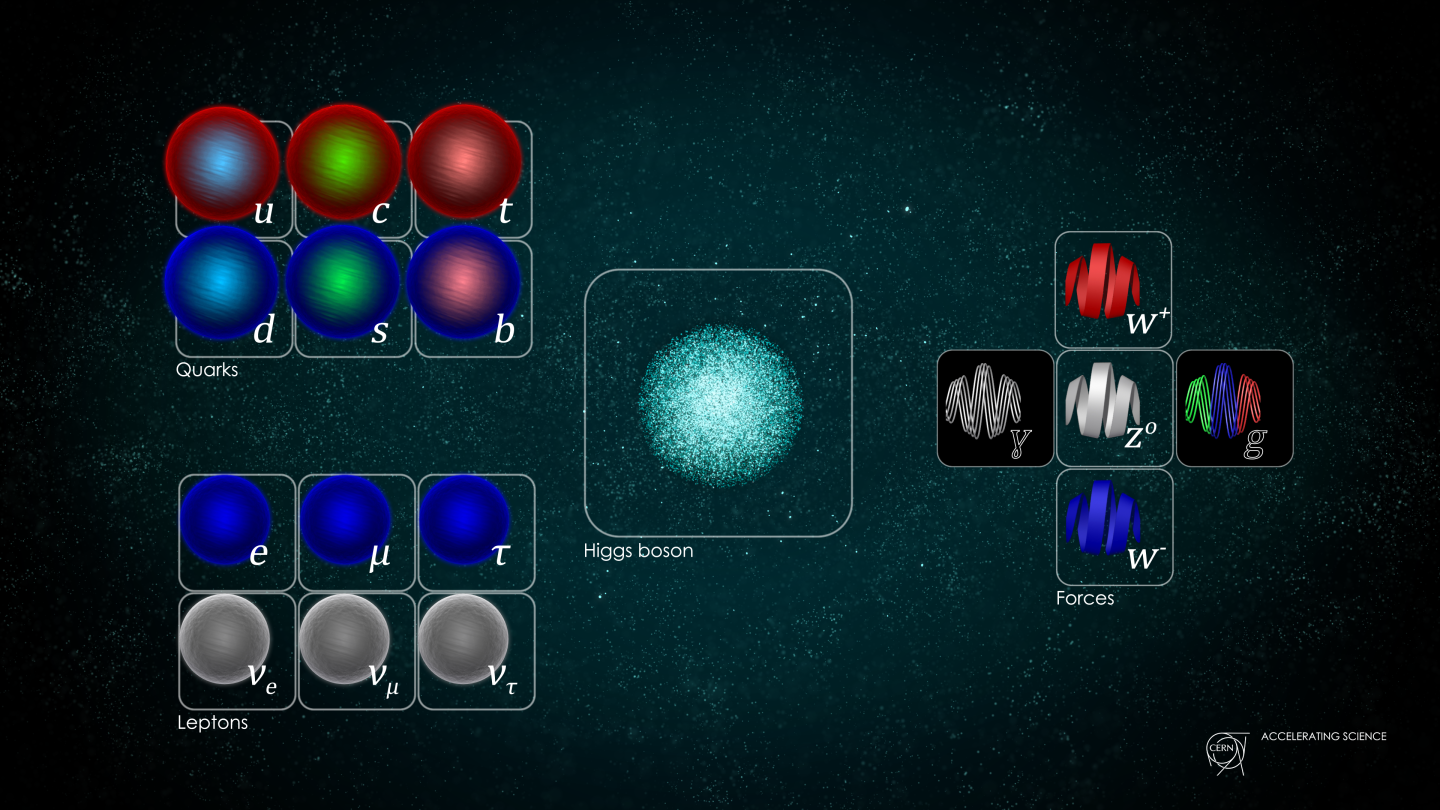Step back from the AI maelstrom and explore Lem’s "Summa Technologiae" for a detached look at technology’s role in human evolution.
What the breakthrough methods of laboratory research can teach the business world about brainstorming.
The transformational change driven by AI will elevate neurodiversity inclusion as an organizational asset, argues Maureen Dunne.
The majority of the matter in our Universe isn't made of any of the particles in the Standard Model. Could the axion save the day?
This map samples some of the digits that make up the DDC system, invented by the brilliant but flawed Melvil Dewey.
More than 90% of sexually active men will be infected with human papillomavirus in their lifetime. The virus may reduce fertility.
The old certainties of “business as usual” have been crushed by disruption — here's a strategy for resilience.
The Universe is 13.8 billion years old, going back to the hot Big Bang. But was that truly the beginning, and is that truly its age?
We may be on the brink of finally seeing human-level intelligence in an AI — thanks to robots.
Susannah Fox, former chief technology officer for the HHS, explains how technology has empowered us to help fill in the cracks of the healthcare system.
The center of the galaxy doesn't just host stars and a black hole, but an enormous set of rich gassy and dusty features. Find out more!
The "first cause" problem may forever remain unsolved, as it doesn’t fit with the way we do science.
Although human beings arrived on Earth just ~300,000 years ago, we've transformed the entire planet completely. Here's how we did it.
From before the Big Bang to Voyager 1, particle physicist Harry Cliff takes us on a whiz-bang tour of the Universe's evolution.
Despite billions of years of life on Earth, humans first arose only ~300,000 years ago. It took all that time to make our arrival possible.
Some physicists are besot with the multiverse, but if we can't detect these other universes, how seriously should we take them?
Lord Kelvin is thought to have said there was nothing new to discover in physics. His real view was the opposite.
According to Harvard career advisor Gorick Ng, this time-saving system can help us reclaim our work-life sanity.
Although mammals may be the dominant form of life today, we're relative newcomers on planet Earth. Here's our place in natural history.
Sam Smith — founder and former CEO of finnCap Group — argues that a culture of empathy will help superscale any business.
For billions of years on Earth, life was limited to simple unicellular, non-differentiated organisms. In a mere flash, that changed forever.
A deep dive into the chaotic journey of star formation.
Known as the Great Oxygenation Event, Earth froze over as oxygen accumulated in our atmosphere, nearly driving all life extinct.
Google’s “Genie” could be used to create a wide range of interactive environments for more than just games.
More than 90% of ticks that bit treated volunteers were dead within 24 hours.
Dennis Klatt developed trailblazing text-to-speech systems before losing his own voice to cancer.
First derived by Emmy Noether, for every symmetry a theory possesses, there's an associated conserved quantity. Here's the profound link.
During the industrial era the cost of artificial light fell off a cliff — and the road to illumination was paved with ingenuity and slaughter.
The challenges of setting out in a new direction can be overwhelming — but we can learn to navigate the inflection moments.
A great many cosmic puzzles still remain unsolved. By embracing a broad and varied approach, particle physics heads toward a bright future.
